QUBES History
- Details
- Published on Tuesday, 17 August 2021 07:18
Note: this is an archived page of the QUBES project from 2014-August 2021. For current information, visit the new About page.
QUBES
Quantitative Undergraduate Biology Education and Synthesis
QUBES is a community of individuals and organizations committed to accelerating STEM education reform. Supported by our social-cyberinfrastructure and commitment to teaching quantitative skills, we work to make sure that our teaching is effective, open, accessible, equitable, and inclusive.
The QUBES organization was launched in 2014 to address challenges in quantitative biology education and now provides logistical, intellectual, and community support for innovative quantitative biology education projects and the extended community of instructors seeking resources.

QUBES emphasizes practices that promote scholarly teaching practices, including use of evidence based pedagogies, thoughtful reflection on implementation results, and sharing outcomes with the community. QUBES embraces diversity in the community - diversity of our partners as well as the faculty we serve (career stages, institution types, and disciplinary backgrounds).
We have adopted a virtual synthesis center model to serve that community, providing a cyberinfrastructure and associated social infrastructure to support collaborations between producers and consumers of educational reform resources. Our cyberinfrastructure was purposefully designed to offer inclusive access to professional development and instructional resources so that all faculty regardless of local constraints could participate in the quantitative education community.
Via the QUBES platform, partner projects have been able to leverage the scientific collaboration infrastructure and community resources to address hard problems in biology education. Faculty in the QUBES community have access to partner project resources, computational tools, and professional development programs to help them use resources more effectively.
We are proud of the diversity of our leadership team in representing a variety of institutional types, locations, departmental affiliations, and disciplinary training, in addition to gender and ethnic diversity. This diversity is key to our success in working with those we serve.
Meet the Team
Team QUBESTeam QUBES
The QUBES Team includes mathematicians, biologists, professional developers, and evaluation experts who came together through our work on various projects in quantitative biology education. The QUBES Team is distributed across the country and collaborates online using the QUBES cyberinfrastructure to manage the project.
Project Management
The QUBES PIs are based at University of Pittsburgh, Radford University, BioQUEST, College of William and Mary and Bates College.
Consortium Partnerships
The Partners team focuses on developing partnerships that positively grow the QUBES community. We oversee our social media presence and many of the organized minisymposia across our partner professional societies that showcase QUBES community work or bring together influential researchers to help a community examine a challenge space. Our team help partners advertise their education work, connect it to our QUBES community, and virtually facilitate communities through our group websites. We also help co-develop education and dissemination plans for research grants.
Professional Development
The Professional Development team provides access for all faculty to high-quality instructional mentorship and resources via a novel development model we call Faculty Mentoring Networks (FMNs). FMNs are online, sustained peer interactions around particular instructional materials or challenges in quantitative biology.
CyberInfrastructure
Cyberinfrastructure Team’s responsibility is to provide technical support, assess user and partner needs, and provide web development for QUBES. The QUBES cyberinfrastructure is based on the HubZero platform, an open source content management system with the ability to build dynamic websites, host software, share and publish resources, collaborate, and build communities in a single web-based ecosystem.
Evaluation
The National Institute for STEM Evaluation and Research (NISER) serves as an external evaluator for the entirety of the QUBES project. NISER takes a utilization-focused approached to evaluations by collecting quantitative and qualitative data and reporting to the QUBES leadership team formatively to assist in making data-based decisions. During the 2018-2019 academic year, NISER will continue to assist the Assessment Area of Focus team by gathering metrics for the website, open education resources, and collaborations of QUBES hub members.
Have a question?
Sam Donovan Director of OER

I hope that you will find ways to use QUBES resources in your classroom and to pursue your teaching scholarship.
Carrie Diaz Eaton Director of QUBES Consortium
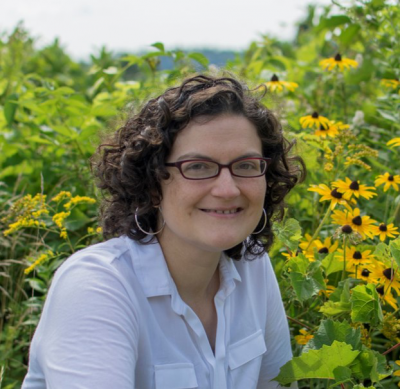
I work across communities to build the QUBES Alliance, work with the QUBES Leadership Team to help these partner-stakeholders reach their goals.
Kristin Jenkins Director of BioQUEST

I manage the business side of QUBES and organize the annual Summer Workshop.
Jenny Kwan Front End Web Developer
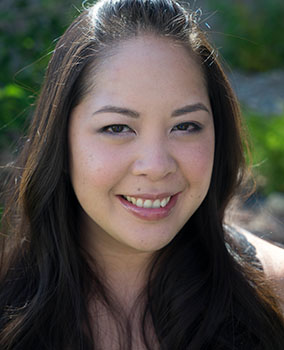
I assist with website design for QUBES and partner sites (on QUBES).
Drew LaMar Director of CyberInfrastructure
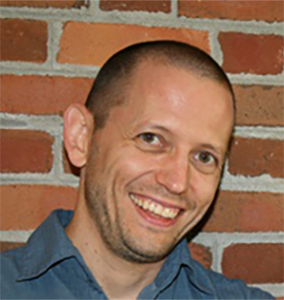
I manage website design and development for QUBESHub and am part of the Hub technical support team.
Hayley Orndorf Universal Design of Learning Manager
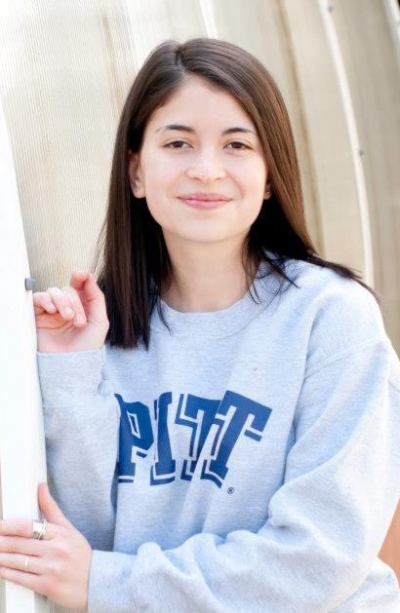
I support QUBES users and partners through technical piloting, support material development, and work on the QUBES Resource system.
Deb Rook Faculty Mentoring Network Manager

I work with partners to create and run Faculty Mentoring Networks.
Jeremy Wojdak Director of Professional Development
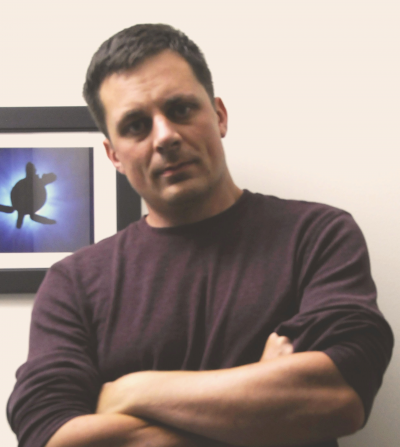
I recruit and work with our QUBES Faculty Mentoring Fellows to facilitate their FMNs, and also try to provide faculty with materials to address student math anxiety.
QUBES Post docs
As part of its mission to improve quantitative undergraduate biology teaching, QUBES provides a unique postdoctoral opportunity at the interface of quantitative biology, discipline based education research, and undergraduate teaching. Postdocs are based at one of the QUBES PI institutions, but work with the entire team of QUBES faculty and postdocs on a diverse array of projects.
Learn moreBoard of Advisors
Cynthia Bauerle Current
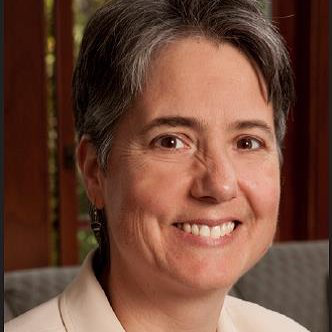
Dean of the College of Science and Mathematics and Professor of Biology at James Madison University.
Ahrash Bissell Current
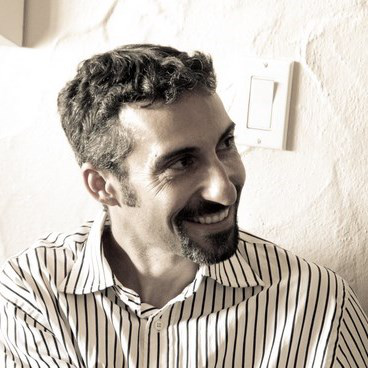
My work encompasses educational research and technology, pedagogical and curriculum development, assessment, and facilitating interdisciplinary research.
Lester Caudill Current

Dr. Caudill is interested in biological and medical applications of mathematical modeling. His current research is focused on using mathematical and computational models to simulate infection spread in hospital wards, with particular focus on the rise and spread of antibiotic resistance in human pathogens.
Bryan Dewsbury Current

Dr. Dewsbury has developed a number of teaching approaches and programs relating to social belonging and higher education. He is personally inspired by the possibilities of education as a force for intellectual liberation, and as a means to increase critical consumerism.
Linda Grisham Current

I am active in several local, regional, and national science advisory boards (including BioQUEST). A primary personal goal is to increase number of students (especially those from unrepresented groups) pursuing STEM careers.
Lou Gross Current

I have developed over the past two decades a variety of courses, modules, workshops and curricular materials to assist the mathematical and computational training of life science undergraduates.
Claudia Neuhauser Current
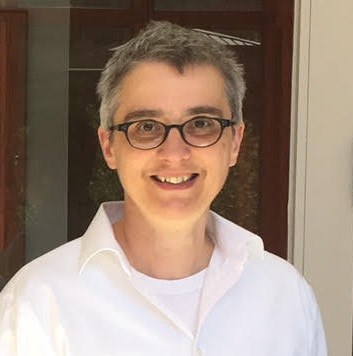
As director of Research Computing, Claudia oversees crucial resources for compute- and data-intensive research to the University community and external partners, including the University of Minnesota Informatics Institute, Minnesota Supercomputing Institute, and U-Spatial.
Renata Rawlings-Goss Current

Co-Executive Director, South Big Data Regional Innovation Hub
Director of Industry Partnerships, Georgia Institute of Technology
Institute for Data Engineering and Science (IDEaS)
Judith Covington Former
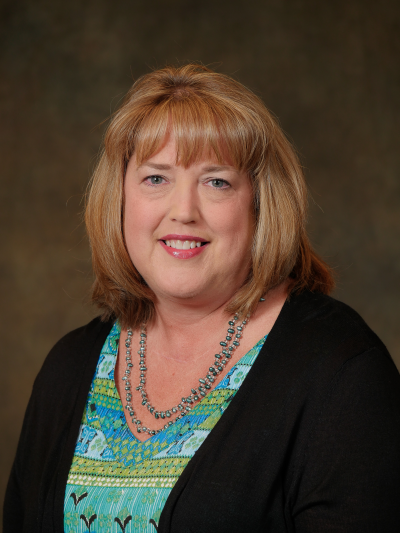
http://www.lsus.edu/judith-covington
Glenn Ledder Former
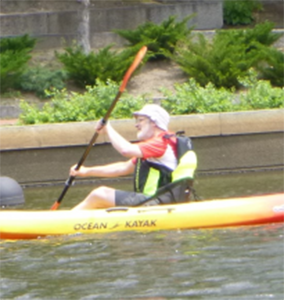
I focus on the fit between the mathematical model and the biological context. I like to say that "mathematical modeling is the tendon that links the muscles of mathematics to the bones of science."
Funders

This material is based upon work supported by the National Science Foundation under Grant No. 1446258, 1446269, and 1446284.

On April 1, 2020 the Hewlett Foundation approved Grant No. 2020-1363 to Bates College for supporting more equitable and sustainable open education in undergraduate biology.
Any opinions, findings, and conclusions or recommendations expressed in this material are those of the author(s) and do not necessarily reflect the views of the National Science Foundation.
QUBES Papers and Products
Have you mentioned QUBES in a talk, poster, or blog post?
Please help us track products that use QUBES resources. We report how QUBES is having impacts to our partner organizations and funders. Take a moment to submit information about any products you have producted (formal and informal) that cite QUBES as a resource.
Additional Links: SGCI Partner Information
Additional Links: FMN Group (2017), DIG Project Page
View our full list of citations
How to cite QUBES
To cite QUBES, please use the following example:
Donovan, S., Eaton, C.D., Gower, S.T., Jenkins, K.P., LaMar, M.D., Poli, D., Sheehy, R. and Wojdak, J.M., 2015. "QUBES: a community focused on supporting teaching and learning in quantitative biology." Letters in Biomathematics, 2(1), pp.46-55.
Contact Us
For any questions, comments, concerns, or even request to add to a wishlist contact us and we'll get back to you!
Contact Us

